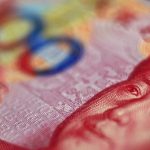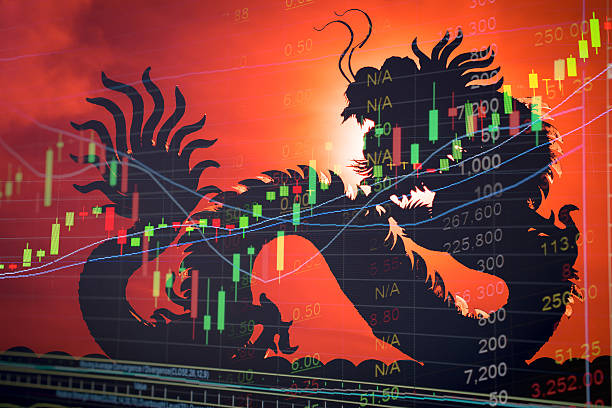Most Asian currencies moved little on Monday as fears of a potential recession and rising COVID-19 cases in China weighed on sentiment, while the Japanese yen gained on bets that the Bank of Japan (BoJ) could eventually tighten policy amid rising inflationary pressures. The yen rose 0.4% to 136.18 against the dollar after a report suggested that the Japanese government plans to revise the BoJ’s inflation target to make it more flexible. Such a move heralds a potential policy shift in the central bank’s ultra-accommodative stance, which has seen Japanese interest rates stick to near-zero levels for nearly a decade. This accommodative stance weighed heavily on the yen as interest rates in the rest of the world rose, which in turn fed into Japanese inflation, which is currently at a 40-year high. The Japanese economy was battered by rising inflation this year, while the yen is among the worst-performing Asian currencies in 2022. Focus is now on the BoJ’s final meeting for the year on Tuesday. While the bank is widely expected to hold interest rates at ultra-low levels, any commentary on a possible shift in tone will be closely watched. The South Korean won was the best performing Asian currency on Monday, surging 0.8% to 1,300.31 a dollar after Finance Minister Choo Kyung-ho said that the country’s economic slump will bottom out by mid-2023. While the east Asian country was hit hard by weakness in major trading partner China, the finance minister’s comments suggest that a 2023 recovery may be on the cards.

The Won was Also one of the Best-Performing Asian Currencies in Recent Months.
as it bounced back from a 13-year low hit in October. Most other Asian currencies moved little against the dollar, with the greenback remaining steady after the Federal Reserve signaled last week that it intends to keep hiking interest rates in the near-term. The dollar index fell 0.1%, coming under pressure from strength in the euro and the pound after hawkish signals from their respective central banks. But the prospect of rising interest rates in the West weighed heavily on sentiment, as investors feared a potential recession due to inflation staying elevated. Uncertainty over an economic reopening in China also weighed. While the country recently scaled back its strict zero-COVID policy, it is also coping with a sharp rise in infections, which markets fear could delay a full reopening.










